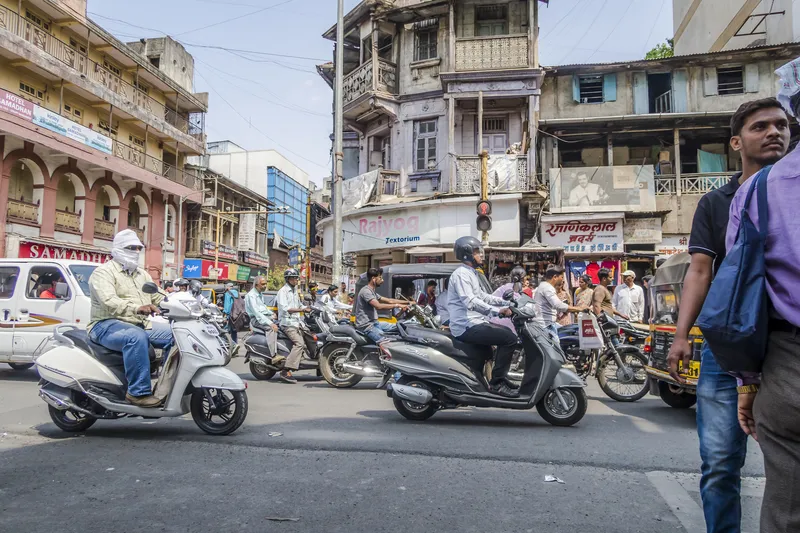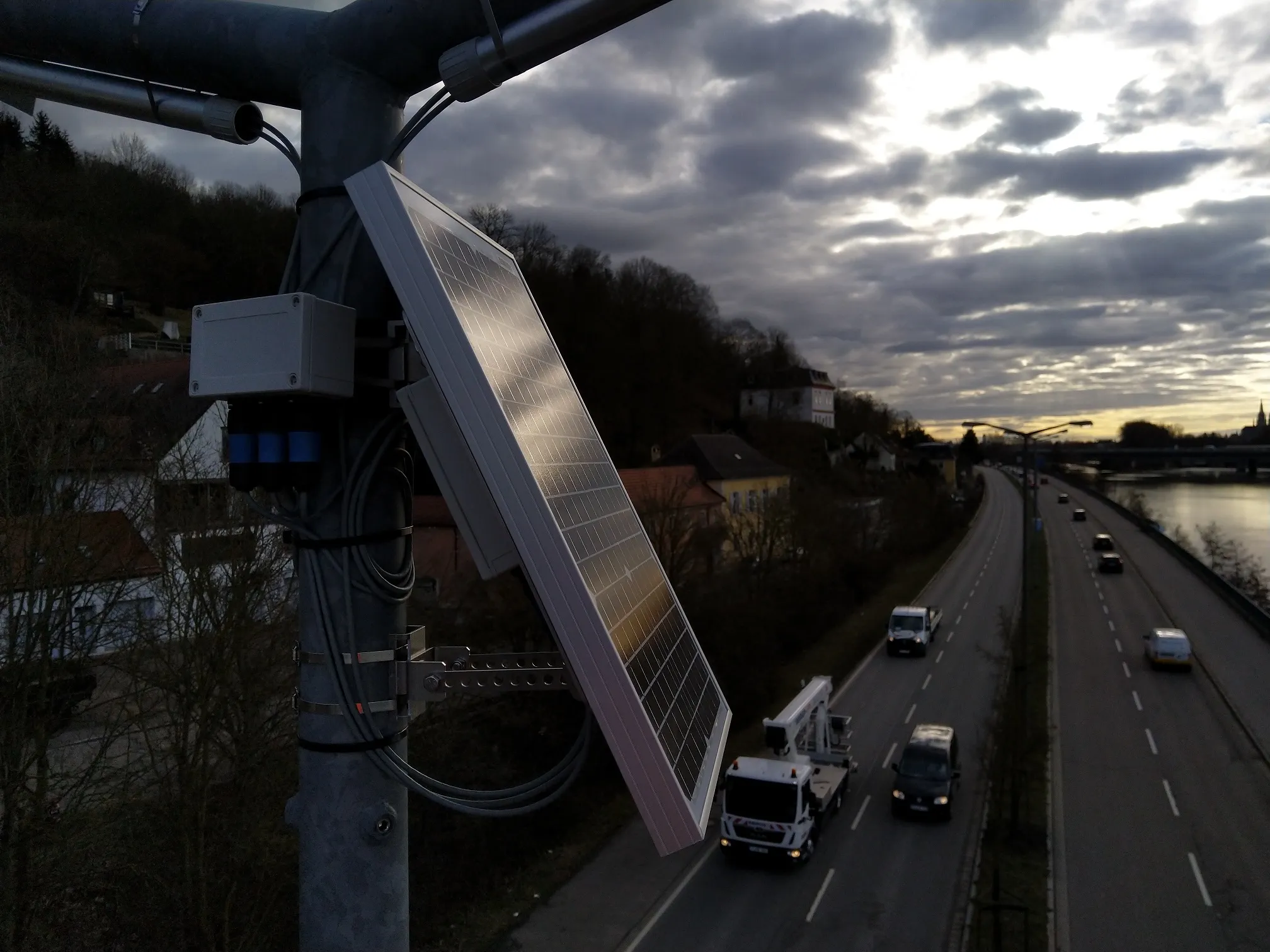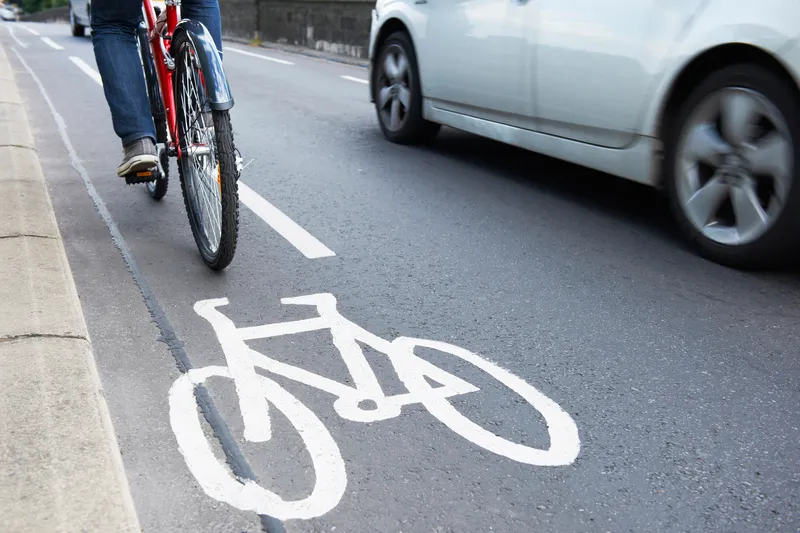
The city of Pune, in the western Indian state of Maharashtra, has chosen Lidar specialist Bluecity for a pilot project around intersection safety.
The company's Lidar and AI-powered technology is being employed to help city authorities understand road user behaviour at a busy intersection "with many smaller arteries connecting to it" and where major infrastructure changes are planned.
The road is to be widened, and city authorities want to be sure their planning reflects real-life road use.
Bluecity says its solution provides real-time multimodal data - anonymised to prevent privacy concerns - and can detect and identify all road users, including vehicles, cyclists and pedestrians.
Following a demonstration of the technology by Bluecity and a local integrator, the city decided to install one Lidar sensor at the intersection.
The 3D high-resolution sensor can detect and classify traffic data in any weather or lighting condition, the company says; this is then analysed by the Bluecity iQ platform, allowing Pune's authorities to visualise traffic patterns.
Bluecity says one sensor is all that is required in most cases for full coverage of an intersection and installation is quick and easy.
Following this pilot project, Bluecity says Pune will be looking at installing the technology at other intersections.










